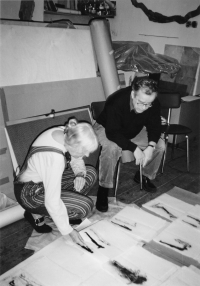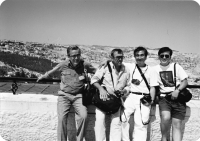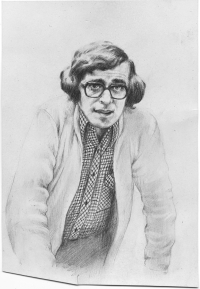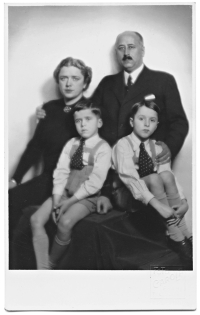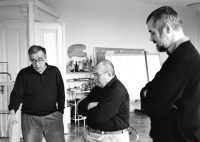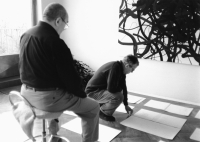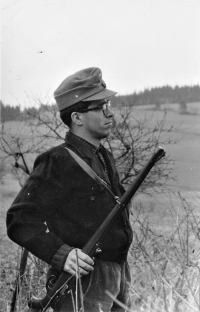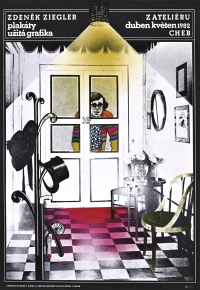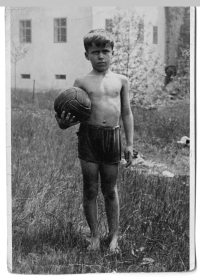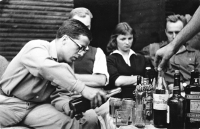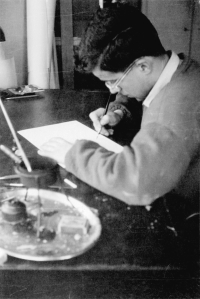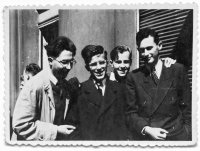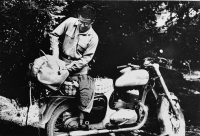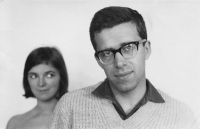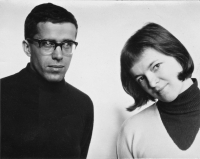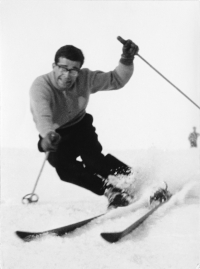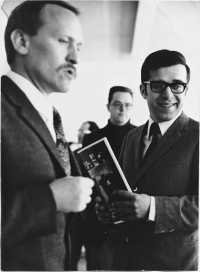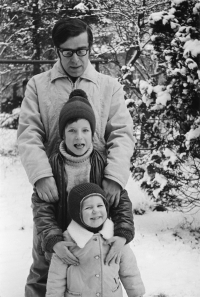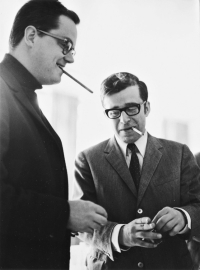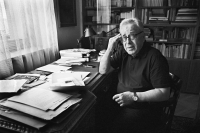After the occupation, most sought a place in the shadows
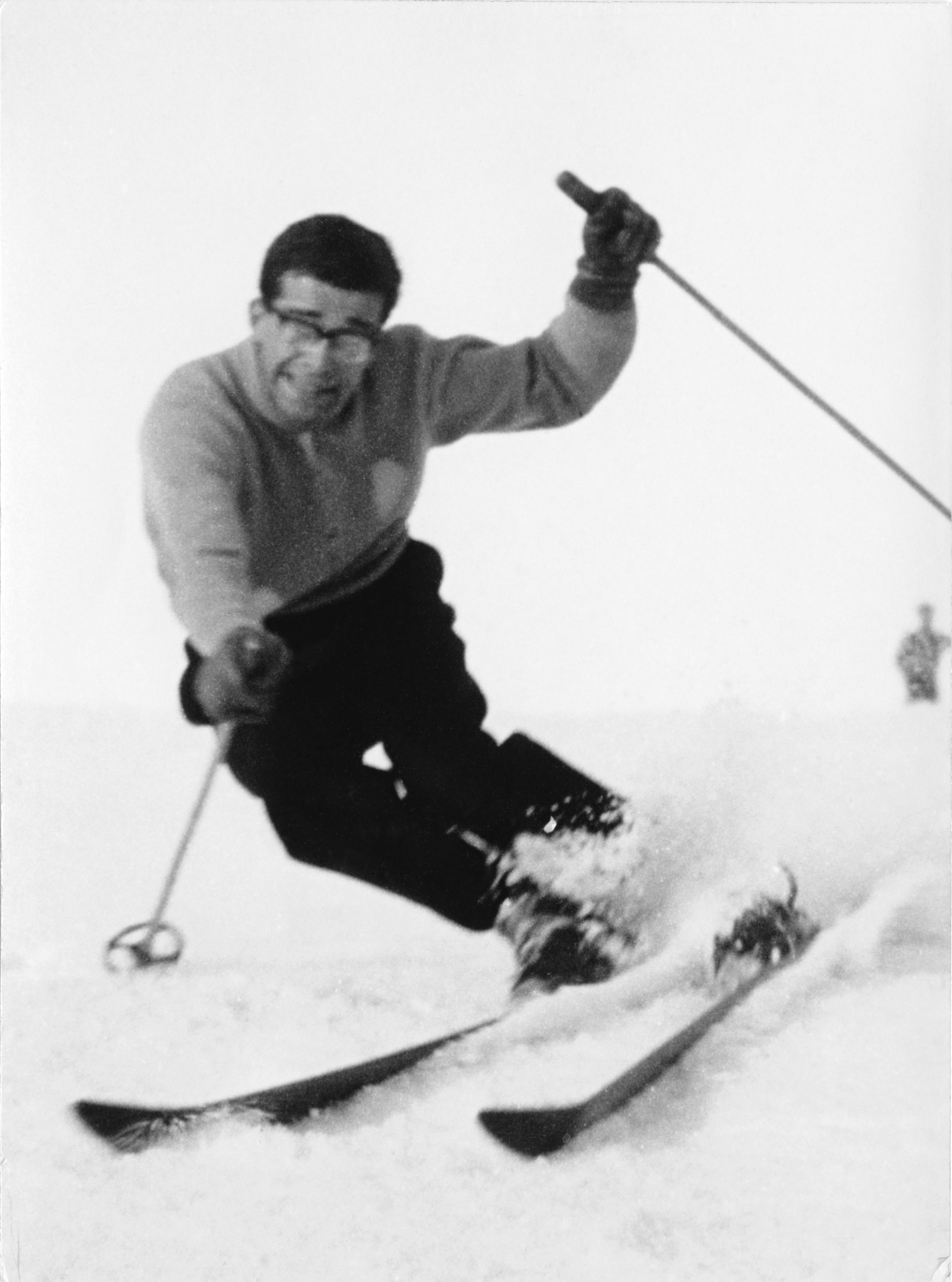
Download image
Zdeněk Ziegler was born on 27 October 1932 in Prague into a family of a lawyer and a designer. His grandfather was a prominent lawyer and judge Emerich Polák and his uncle a well-known surgeon of the same name. He survived the Second World War in Prague quarter of Hanspaulka. After February 1948, his father had to find a job as a labourer because he lost his law practice. The witness was accompanied by an unsuitable cadre profile and at first he could not think about university education. After working in animation at Barrandov and completing his military service, he managed to get a better position and was accepted to study architecture at the Czech Technical University. After graduating in 1961, he was admitted to the Union of Czechoslovak Artists, and thus worked as a “freelancer”. In 1969 he was expelled from the union and after the emigration of his brother Karel he was unable to leave Czechoslovakia until 1980, after which he had better conditions for work and contact with the world. Since 1963, he has produced several dozen film posters for the Central Film Distribution Agency. At the same time, he still works as a book designer, with 1300 publications to his credit. From 1990 to 2003, he taught at the graphic design studio of the Academy of Arts and Crafts in Prague (VŠUP) and served as rector for three years. During his career, he collected a number of important awards at home and abroad. He also taught graphic design in the USA, France and Germany.
